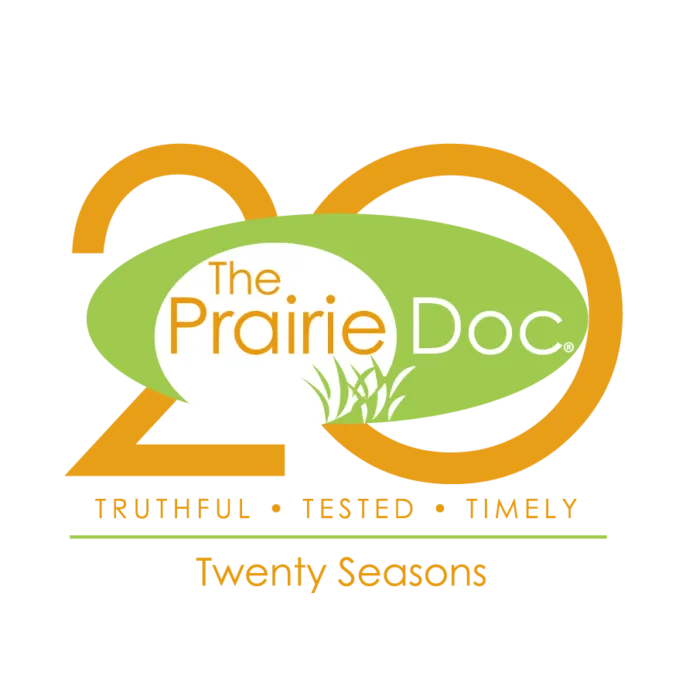Many of us have likely been educated on how to be healthier, which includes the foods we should consume, and the exercise we should complete on a daily basis, so we can achieve being ‘healthy.’ This information is important to know, but have you ever been educated about the risks that your current diet and habits of daily living impose on your health?
An ‘unhealthy’ diet that is filled with excessive amounts of sugars, fast foods, fatty and processed foods, as well as alcohol can increase your risk of acquiring high cholesterol. Tobacco use or exposure to tobacco can also have a negative impact on your cholesterol, as well as a lack of physical exercise.
When your cholesterol is elevated to a certain level it can be known as hyperlipidemia, dyslipidemia, or hypercholesterolemia. Cholesterol is a fat found within your body. Though it is good to have this, too much of it can cause negative health effects.
Most people likely do not realize they have this until they are screened within a clinic setting with their primary care provider. Others may find out that they have this disease once a significant event occurs, such as a heart attack or stroke. These events in specific, can occur as a result of high cholesterol.
When your cholesterol is too high it can build up in your blood system and cause blockages making it hard for your blood to pass through, or even cause blood clots.
We commonly start screening for high cholesterol as young as the age of 9, and continue forward based on each individual’s risk.
For many people high cholesterol can be preventable, yet for some it is familial. To prevent high cholesterol, we recommend maintaining a healthy weight, daily physical exercise, avoiding tobacco, as well as a healthy diet.
For those that have been screened and are proven to have high cholesterol levels, we recommend the same lifestyle modifications mentioned above for initial treatment. Making these changes can be beneficial to many other disease states as well.
If these lifestyle modifications do not demonstrate benefit to your cholesterol level, there are medications that can be taken to help lower your risk of worsening condition and prevent poor health outcomes.
Get screened. Know your risk. Making these changes to your lifestyle now, can help prevent significant medical concerns later.
Marissia Schaefer, CNP Family Nurse Practitioner practicing in Arlington, SD at the Arlington Medical Center. Follow The Prairie Doc® at www.prairiedoc.org and on Facebook featuring On Call with the Prairie Doc® a medical Q&A show based on science, built on trust for 21 seasons, streaming live on Facebook most Thursdays at 7 p.m. central.





